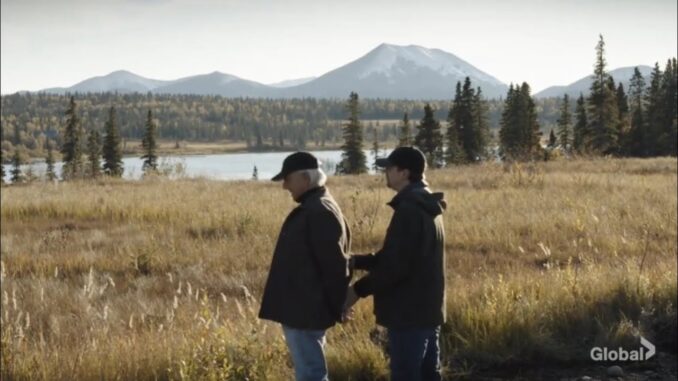
“`html
The neon lights of NCIS Headquarters hummed, reflecting in the puddles left by a recent downpour. Inside, the air crackled with a tension thicker than the storm clouds had been. Years of camaraderie, trust forged in the crucible of countless investigations, hung precariously in the balance. The unthinkable was about to happen. Timothy McGee, Special Agent Timothy McGee, stood across from Leroy Jethro Gibbs, his mentor, his friend, the man he’d always looked up to. But tonight, Gibbs wasn’t a mentor. He was a suspect.
The Fracture Point: Betrayal or Duty?
The case that led to this devastating moment had been a tangled web of corporate greed, environmental destruction, and ultimately, murder. Gibbs, driven by an unshakeable sense of justice and a personal connection to the victims, had taken matters into his own hands. He bypassed protocol, ignored warnings, and ultimately, delivered his own brand of justice, a brand that strayed dangerously close to the edge of the law. It was a line Gibbs had often danced along, but this time, he’d crossed it, irrevocably.
For McGee, the choice was agonizing. His loyalty to Gibbs ran deep. He remembered Gibbs’s unwavering support during his early days at NCIS, the gruff guidance, the subtle encouragement that had molded him into the agent he was today. But he was also an agent of the law, sworn to uphold it without prejudice. The evidence was undeniable. Gibbs had committed a crime. To ignore it, to sweep it under the rug, would be a betrayal of his oath, a betrayal of the very principles NCIS stood for. It was a clash between personal loyalty and professional duty, a conflict that threatened to tear the team apart.
The moment of arrest was stark and brutal. McGee’s voice, usually steady, trembled as he read Gibbs his rights. Gibbs, his face etched with a mixture of defiance and resignation, offered no resistance. He simply looked at McGee, his eyes conveying a silent understanding of the impossible situation they both found themselves in. The arrest wasn’t just of a man; it was the arrest of an idea, the shattering of a long-held illusion. It was the moment the NCIS team, as they knew it, ceased to exist.
The ramifications were immediate and devastating. The team fractured along fault lines of loyalty and disbelief. Some, like Torres and Bishop, struggled to reconcile the Gibbs they knew with the actions he had taken. Others, like Ducky and Palmer, were heartbroken, unable to comprehend the events unfolding. The emotional fallout was palpable, leaving a void where camaraderie and trust once thrived. The arrest brought into sharp focus the complex relationships within the team and revealed deeply buried tensions.
- Loyalty to Gibbs: Years of shared experiences and unwavering trust.
- Upholding the Law: The core principle of NCIS and McGee’s sworn duty.
- The Consequences: A team fractured, trust eroded, and the future uncertain.
In the end, McGee’s decision was a testament to his integrity and his commitment to the law, even when it meant arresting the man he admired most. Whether it was a betrayal or a fulfillment of duty remains a matter of perspective, a question that lingered long after the handcuffs clicked shut. The arrest of Gibbs wasn’t just a plot point; it was a catalyst that fundamentally changed the dynamics of NCIS, forcing each member to confront their own values and their place within the team. The path forward was uncertain, but one thing was clear: NCIS would never be the same.
“`